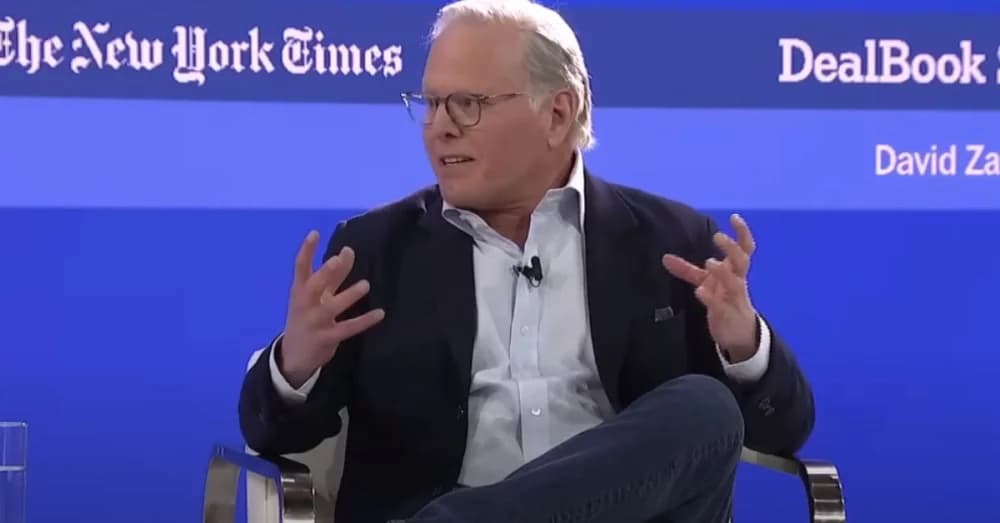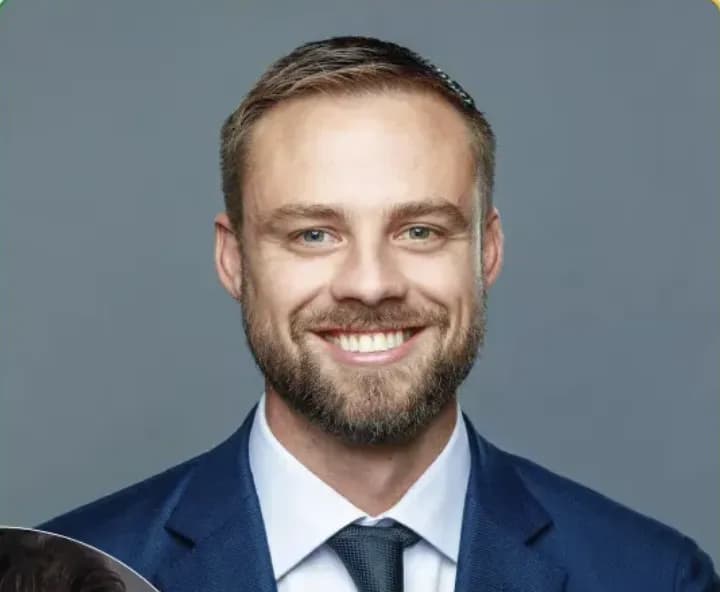NBA Blocking TNT’s Media Rights Shot Could Force Legal Jump Ball

In a significant development in sports broadcasting, the NBA announced that Warner Brothers Discovery (WBD) “did not match the terms” of Amazon’s offer to broadcast games from 2025-26 through 2035-36. Contrarily, WBD claimed it had “matched the Amazon offer.” This discrepancy has sparked a potential legal dispute between the two entities.
New Media Partners and Financial Stakes
The NBA has officially recognized Amazon Prime Video, Disney’s ABC/ESPN, and NBC/Peacock as its next media partners, securing $76.9 billion over the deals’ duration. This change means WBD’s TNT will end its 35-year run as the NBA’s primary media partner after the 2024-25 season.
WBD’s Response and Legal Grounds
WBD argues that the NBA has “grossly misinterpreted our contractual rights” and warns of taking “appropriate action,” maintaining that the NBA can’t reject a match. While both parties agree on WBD’s right to match Amazon’s offer, the interpretation of “match” is contentious. The stricter the definition, the less flexibility WBD has in claiming a match and the more discretion the NBA has in determining a failure to match.
Historical Context and Legal Precedents
Previous legal conflicts provide context for this dispute. In American Broadcasting Company v. Wolf (1980), sportscaster Warner Wolf’s case against ABC highlighted the complexity of matching contractual terms. Wolf won, with the court ruling against forcing a strained working relationship.
Another notable case involved Fox Sports Net and the Houston Astros in the mid-2000s, where the interpretation of a matching rights clause in the context of a regional sports network was disputed. The parties settled out of court after nearly two years of litigation.
Potential Legal and Business Implications
Whether WBD and the NBA will face a court battle depends on their contract’s dispute resolution clause, which may mandate mediation or arbitration. Many business contracts, especially those involving high-profile and publicly traded companies like WBD, include clauses requiring out-of-court resolution. If arbitration is mandated, the process will be private, with an arbitrator’s award receiving high deference in federal court.
Even if WBD can sue, it might choose not to. Suing the NBA could jeopardize WBD’s future dealings with the league and deter other sports and entertainment companies from collaborating with WBD. Litigation is also public and could require disclosing private communications and extensive preparation for sworn testimony.
Claims and Counterclaims
If WBD proceeds with a lawsuit, breach of contract would be a primary claim, arguing the NBA breached by refusing to honor a contractual match. The NBA would counter by asserting that WBD didn’t match Amazon’s offer or was incapable of matching due to technological differences. Expert testimony on WBD’s capabilities to deliver content like Amazon Prime could be pivotal.
WBD might also pursue claims against companies that secured deals with the NBA, alleging they conspired with the NBA to exclude WBD, potentially violating antitrust laws. They could argue that these rivals interfered with WBD’s contractual relationship with the NBA. The NBA and other defendants would likely argue that WBD lost a business deal and is manufacturing legal claims to mitigate the loss.
Conclusion
The unfolding dispute between WBD and the NBA over media rights could lead to significant legal and business repercussions. The resolution will hinge on the contractual definitions and the willingness of both parties to either litigate or resolve the matter through arbitration. Whether public or private, the outcome will set a precedent in sports broadcasting rights negotiations.





